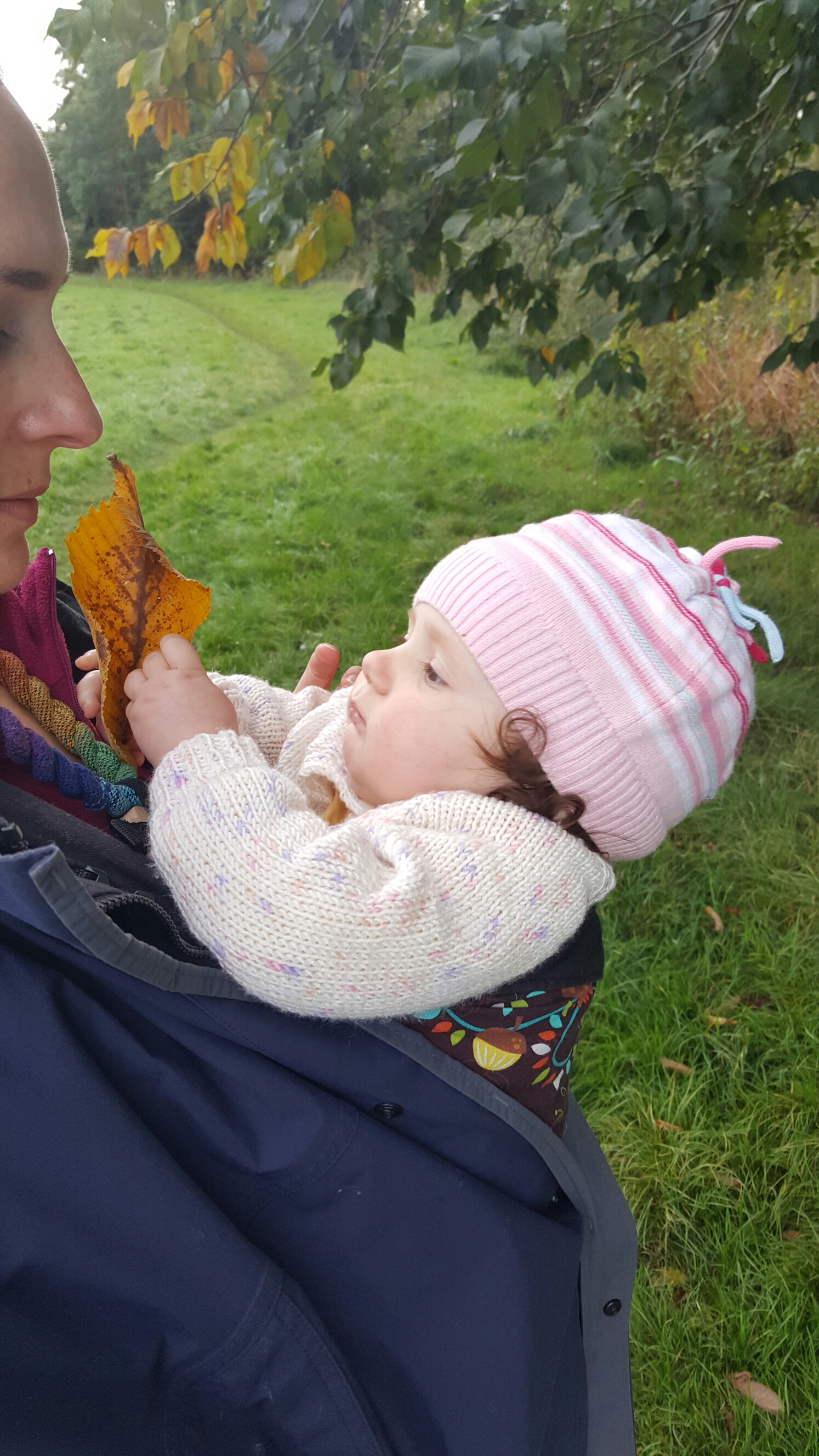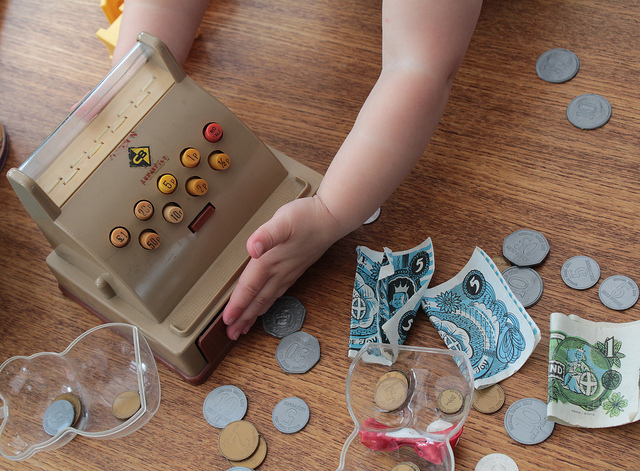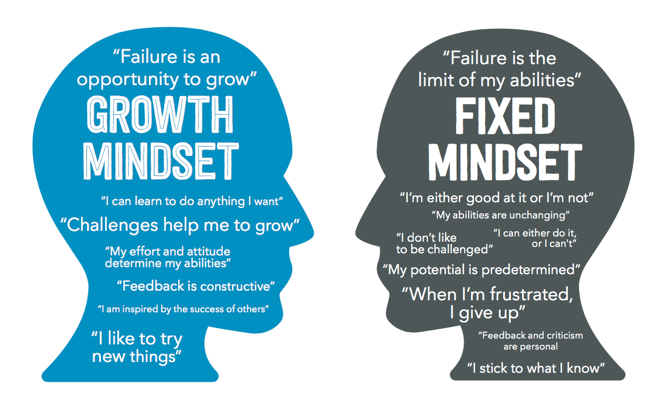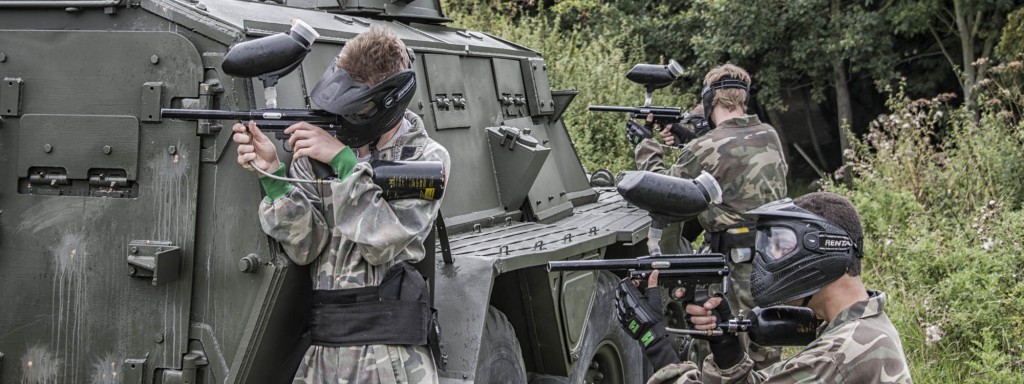Summer might be over but that doesn’t mean you have to sit inside every weekend! If you’re looking for the perfect getaway for you and your partner, look no further. We’ve found some of the best weekend getaways in the UK – so get those suitcases out ready!
Whether you’re after a beachy break, an action-packed adventure, a quiet cottage in the country or the business of a city, you are sure to find the perfect place for you!

http://independent-liverpool.co.uk/blog/20-things-to-do-in-liverpool-when-youre-tired-of-being-an-adult/
You may want to escape reality for a few days and give your working self a break or maybe you just want some quality time with your significant other. Either way, you deserve a break, so get packing an overnight bag!
Port Lympne, Kent
Port Lympne is an animal park ran by the Aspinall Foundation, where you can go on safari and get up close and personal to 80 different species of animals. They offer some great weekend break ideas, with a variety of accommodation types you are sure to have an unforgettable experience. Stay in their Tiger Lodge where your back garden is the actual tiger enclosure, it’s a once in a lifetime experience which is not to be missed!
Snowdonia, Wales
For those adventurers who enjoy a hike with some stunning views, why not take a trip to Snowdonia. Grab your walking boots and head up to the top of Snowdon, or if you’d rather, get the train up to ensure your don’t miss out on the views. Here, you have the chance to experience the luxury of living up in the treetops, in your very own treehouse! This peaceful accommodation is perfect for those who want a relaxing,stress-free break.
Cornwall
Ok, it may not have the Barbados weather, but the beaches are still stunning with white sand and turquoise waters, it’s the perfect place to practise your surfing skills. Whether you are a beginner who has never took to t8he waves before, or an expert just after some fun doing what you love, Cornwall’s beaches welcomes you! As well as the impressive walks along the coastal paths and the gorgeous hotels, you can’t forget to taste Cornwall’s favourite foods, including pasties, fish and chips and the clotted cream!
Liverpool
Ahh, a city break which is sure to lift your spirits. Liverpool offers endless fun the variety of people who come to visit. Why not watch a world class show at the Empire theatre or your favorite artist at the Liverpool Echo Arena?
You could visit The Beatles Museum where you can learn all about The Beatles’ story. For those who enjoy a bit of shopping, Liverpool One is famous for its range of high street stores. After your day of exploring, dine at some of the top restaurants around, whether you enjoy a steak house, burger joint or the famous Teppanyaki, Liverpool caters for all.
Lake district
Besides the beautiful lakes which are available for you to visit and stroll around at your own pace, the Lake District is also home to some impressive, historical sites such as the Beatrix Potter museum where you can take a tour around the late author’s home. You will also get the chance to see the scenic village where the poet, William Wordsworth, studied.






